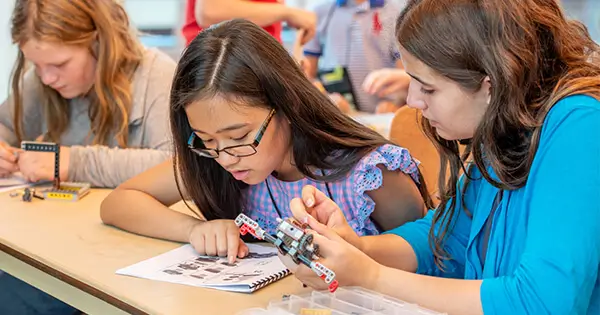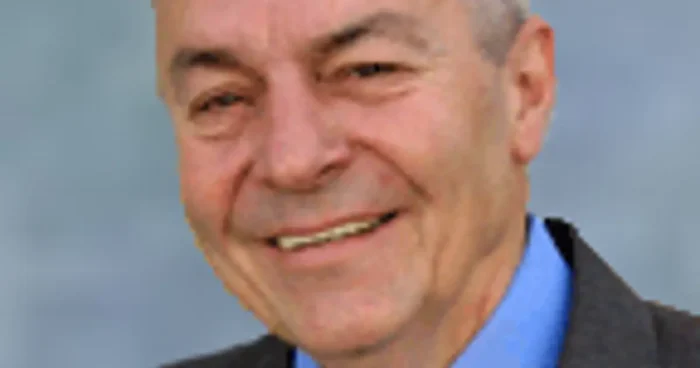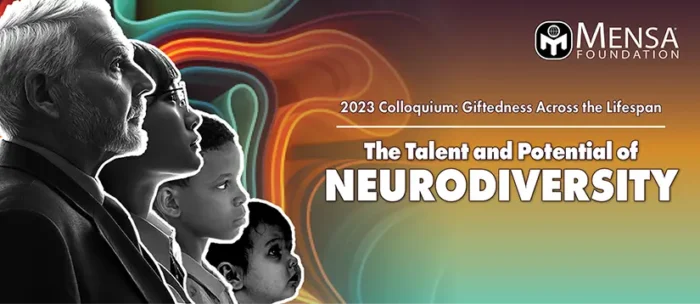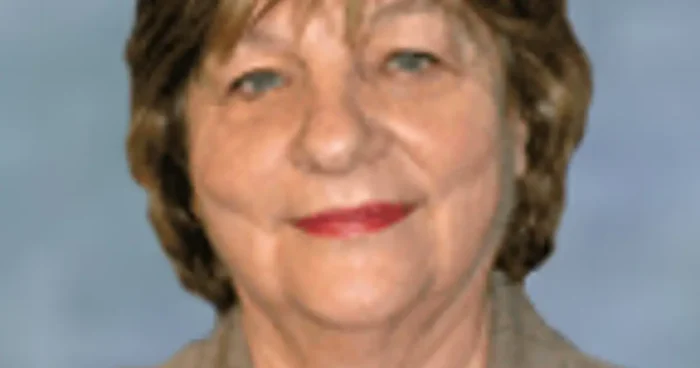The Mensa Foundation is committed to creating a world where all gifted people have positive experiences in school and in their communities.
We believe an important step toward this goal is to help train future teacher-leaders in the field of gifted education so they can promote the understanding that gifted education is special education and that gifted learners will not be fine on their own.
Our Gifted Education Fellowship is intended to assist outstanding educators in acquiring a graduate degree in gifted education or a closely related field from an accredited institution of higher education. The Fellowship has a value of $5,000 per year, renewable for one year.
Fellows may be granted the opportunity to conduct research with Mensa members as participants, so long as their projects meet Mensa’s Research Review Guidelines. Fellows are also eligible to receive a stipend and complimentary registration to attend Mensa’s Annual Gathering (AG) or other official American Mensa events to present their research.
Fellows may also be invited to teach a section of classes for the Annual Gathering youth program or contribute lesson plans for the Mensa for Kids website. We ask that Fellows acknowledge the Mensa Foundation’s Gifted Education Fellowship when presenting their research at conferences or in publications.
Fellowship renewal is contingent upon the Fellow’s continued enrollment in the program of study, successful progress toward graduation, and a minimum 3.0 GPA. Requests for renewal will be reviewed by our committee, with special consideration given for the Fellow’s contribution to Mensa — contributions such as presentations of work at its Annual Gathering or local group meeting, providing content or lesson plans for the Mensa for Kids website, teaching a section of classes at the AG youth programs, or other approved projects.
The Foundation will begin accepting applications for the fellowship in August.










Comments (0)